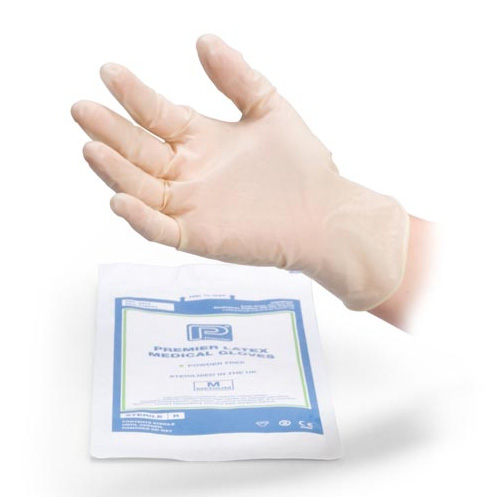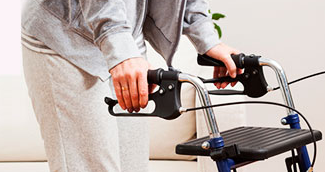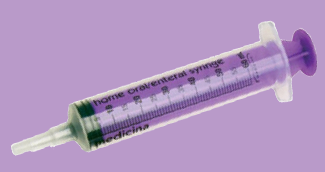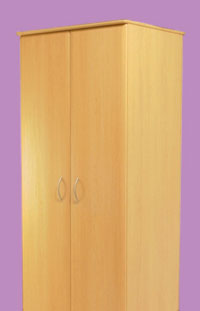NEXT DAY DELIVERY Available
Over 32,000 products
UK DELIVERY FROM £8.95+VAT
A Guide To Safe Patient Handling
16 Aug 2017, 1:47 PM
A Guide To
Safe Patient
Handling
If you're caring for a patient with a physical disability, it's likely that you'll be required to help them move around. In some cases, tasks such as getting in and out of bed or the bath require the use of patient
handling equipment.
Regardless of the method you use, it's important to assess the risk factors and know how to practice safe patient moving and handling.
Regardless of the method you use, it's important to assess the risk factors and know how to practice safe patient moving and handling.
Patient Handling Checklist
To ensure complete safety before attempting any moving or handling, ask yourself:
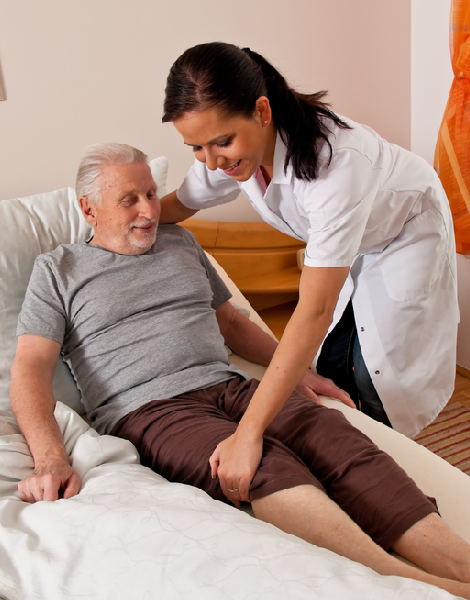
How heavy is the patient?
Does the patient really need help to move?
Is there enough space to move the patient safely?
Are there any physical obstacles?
Is there somebody else available to help?
Do you require the use of an patient
hoist?
Manual Patient Handling

If it is safe to move the patient yourself and are trained to do so, you should remember the following:
- Keep a straight back and lift your knees
- Have your feet planted and secure
- Keep weight close to your body for added control
- Never lift above head height
- Keep a straight back and lift your knees
- Have your feet planted and secure
- Keep weight close to your body for added control
- Never lift above head height
Choosing The Correct Patient Handling and Moving Equipment
The type of equipment needed will vary on the specific needs of the patient and the ability of the carer, these may include:
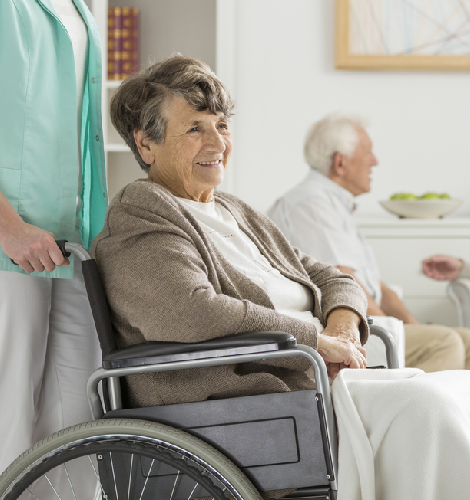
- A selection of hoists – standing or mobile
- Bath hoists and lifts
- Hoist slings in a range of sizes and materials
- Slide sheets and transfer boards for assistance in moving to and from furniture
- Turntables for turning patients around
- Electric profiling beds for immobile residents
- Wheelchairs
- Handling belts
- Bed levers and support rails
- Bath hoists and lifts
- Hoist slings in a range of sizes and materials
- Slide sheets and transfer boards for assistance in moving to and from furniture
- Turntables for turning patients around
- Electric profiling beds for immobile residents
- Wheelchairs
- Handling belts
- Bed levers and support rails
Patient Hoisting Risk Assessment
Each patient should have their own risk assessment and care plan in place to advise on the following:

- Type
and size of sling appropriate to the patient
- Which hoist or equipment to be used for each task
- Whether use of additional safety devices is required
- Number of carers required to safely carry out the handling or moving task
This information must be communicated to and remain accessible to all carers. Where patient lifting and handling is concerned, the Lifting Operations and Lifting Equipment Regulations 1998 (LOLER) apply.
- Which hoist or equipment to be used for each task
- Whether use of additional safety devices is required
- Number of carers required to safely carry out the handling or moving task
This information must be communicated to and remain accessible to all carers. Where patient lifting and handling is concerned, the Lifting Operations and Lifting Equipment Regulations 1998 (LOLER) apply.





